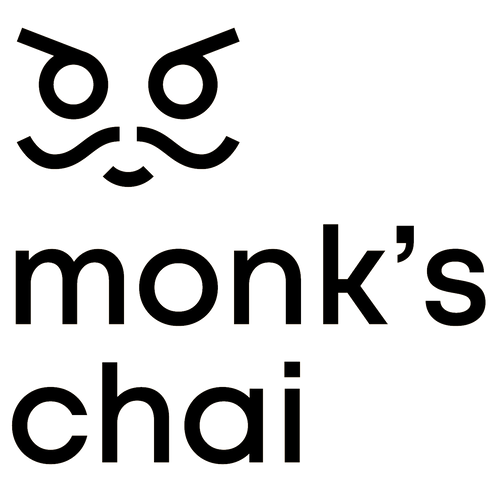When savoring a delightful cup of tea, most of us tend to focus on the quality of the tea leaves, the brewing process, or even the choice of sweeteners or spices. However, there's one crucial element in the tea-drinking experience that often goes unnoticed – the teacup. You might be surprised to learn that the humble teacup can significantly impact the quality and enjoyment of your tea. In this article, we'll explore why the choice of teacup matters, the qualities of good tea serve ware, and the best materials for enhancing your tea-drinking experience.
Reasons Why You Need a Perfect Teacup
The journey of a tea leaf from the shrub to your teacup involves numerous steps that influence its taste and quality. The final step, the choice of teacup, can alter your tea-drinking experience in various ways. Here are some key reasons why selecting the perfect teacup matters:
Non-Porous Material: The ideal teacup should be non-porous to prevent it from absorbing and retaining flavors and aromas. A porous material can introduce unwanted tastes to your tea, detracting from the purity of its flavor.
Optimal Cooling: The shape of the teacup plays a role in how quickly your tea cools. A cup with a wide rim cools tea faster, while a tall, narrow cup keeps it hot longer and intensifies the aroma. The right teacup can help you enjoy your tea at the perfect temperature.
Thin Lip: A teacup with a thin lip facilitates a smoother tea-drinking experience. It allows the liquid to roll off the cup's edge and onto your tongue more easily, enhancing your appreciation of the tea's flavors.
Chemical Safety: If you choose plastic cups, ensure they are BPA-free to avoid potential chemical contaminants. However, plastic is generally not recommended by tea connoisseurs due to concerns about its interaction with hot liquids.
What Material Should You Choose for a Teacup?
Selecting the right material for your teacup is crucial. Different materials offer unique benefits and affect your tea in distinct ways. Here are some materials to consider:
Ceramic
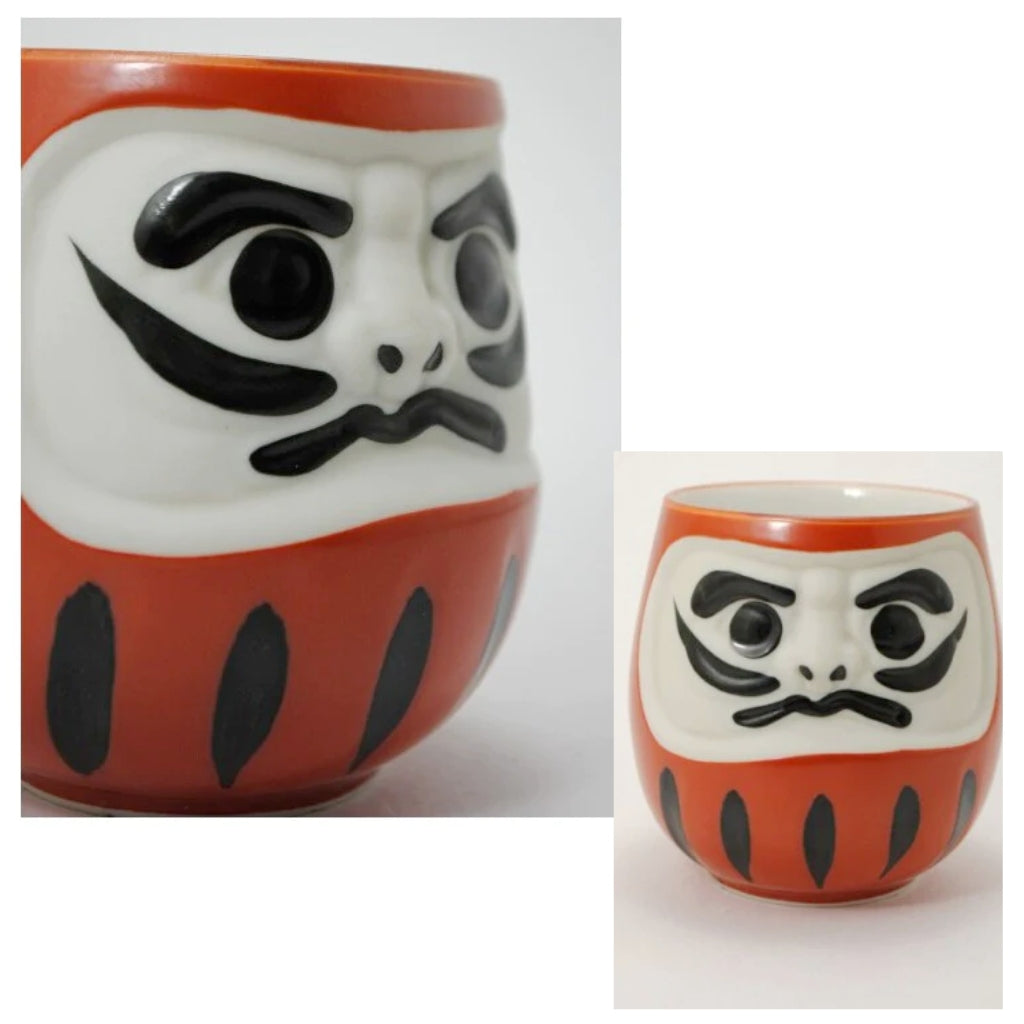
Ceramic teacups, including stoneware, porcelain, and terracotta, are widely used in teaware manufacture. Ceramic is prized for its heat retention, resistance to high temperatures, and non-reactive nature. It prevents unwanted tastes from seeping into your tea.
Porcelain and Bone China
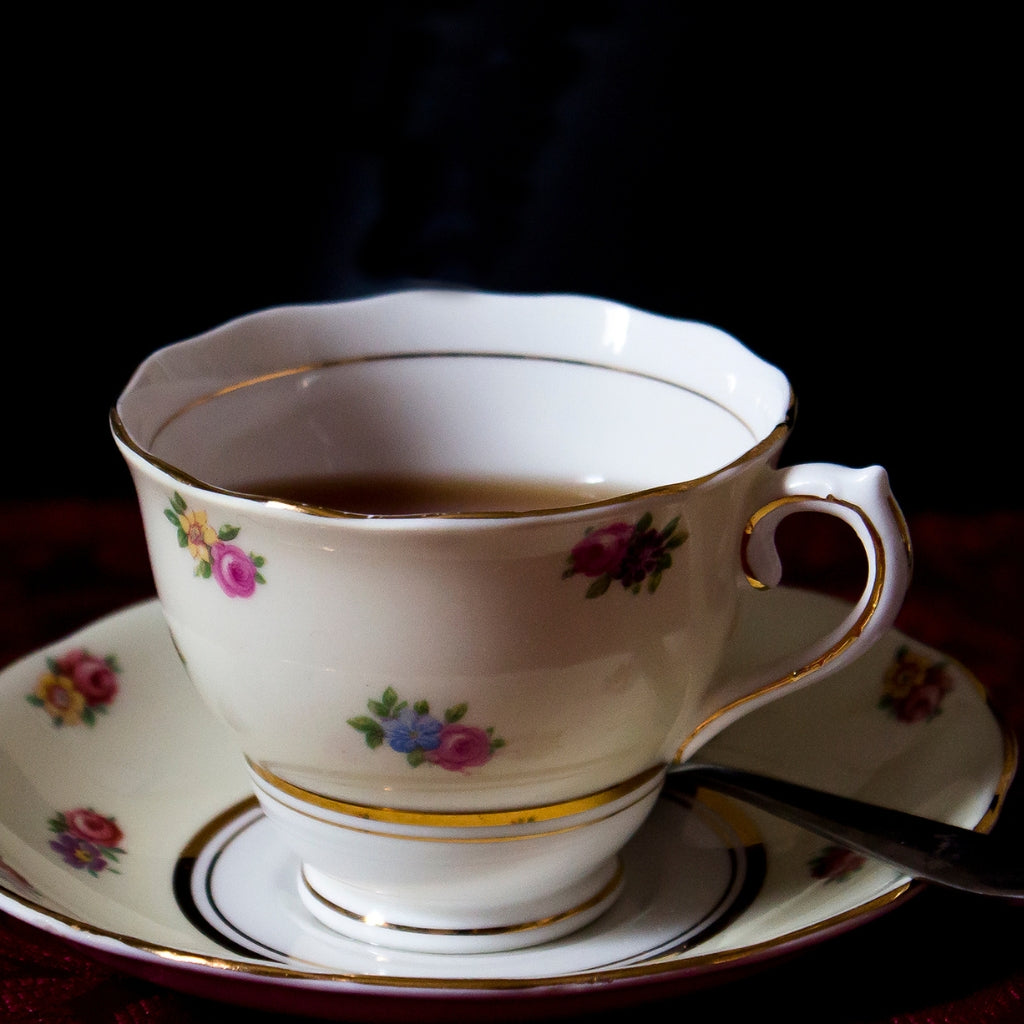
Porcelain and bone china teacups are revered for their non-porous properties and vitrified glaze, which prevents the absorption of tea flavors. Bone china, in particular, is known for preserving the body of the tea by preventing tannins from sticking to the cup's sides.
Glass
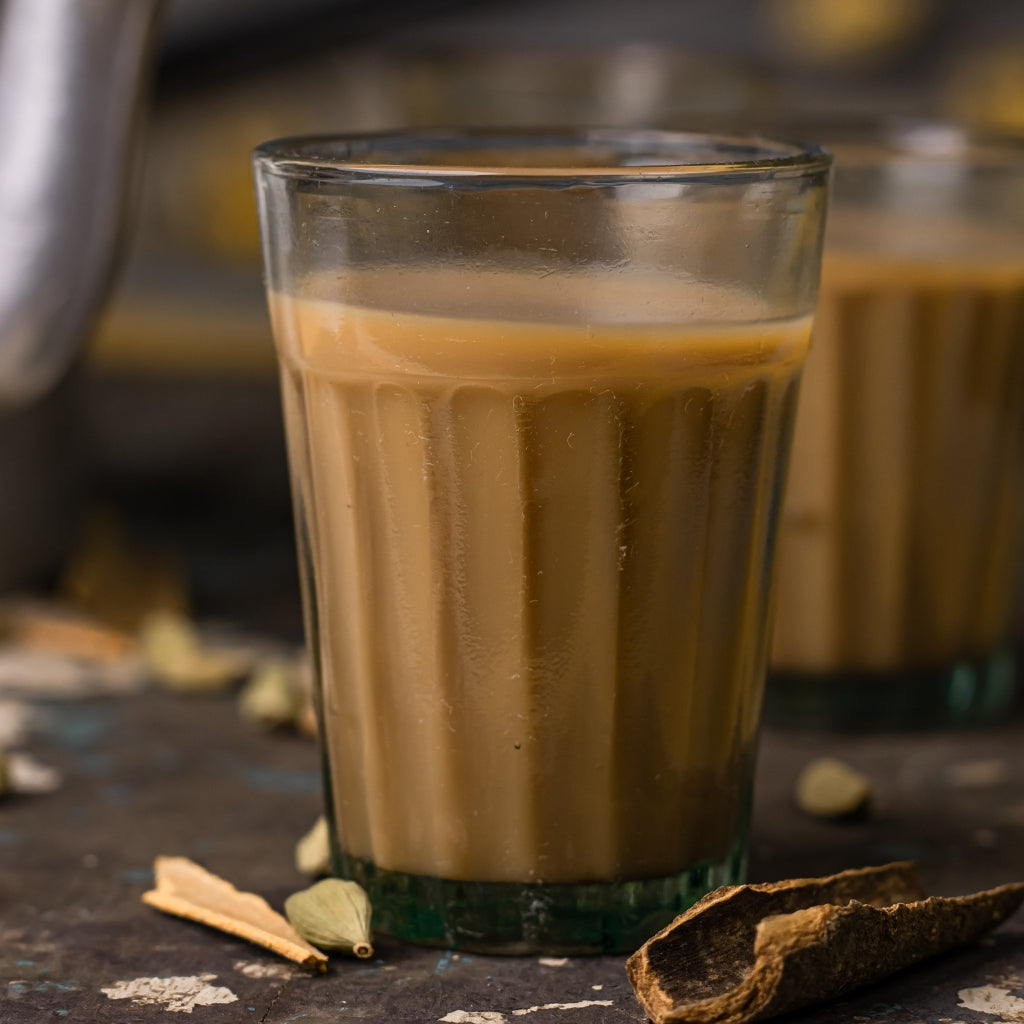
Glass teacups meet the criteria for ideal teaware. Vitrified glass does not react with tea, and borosilicate glass is a durable choice. Double-walled glass cups provide heat retention and an appealing view of your tea.
Stainless Steel
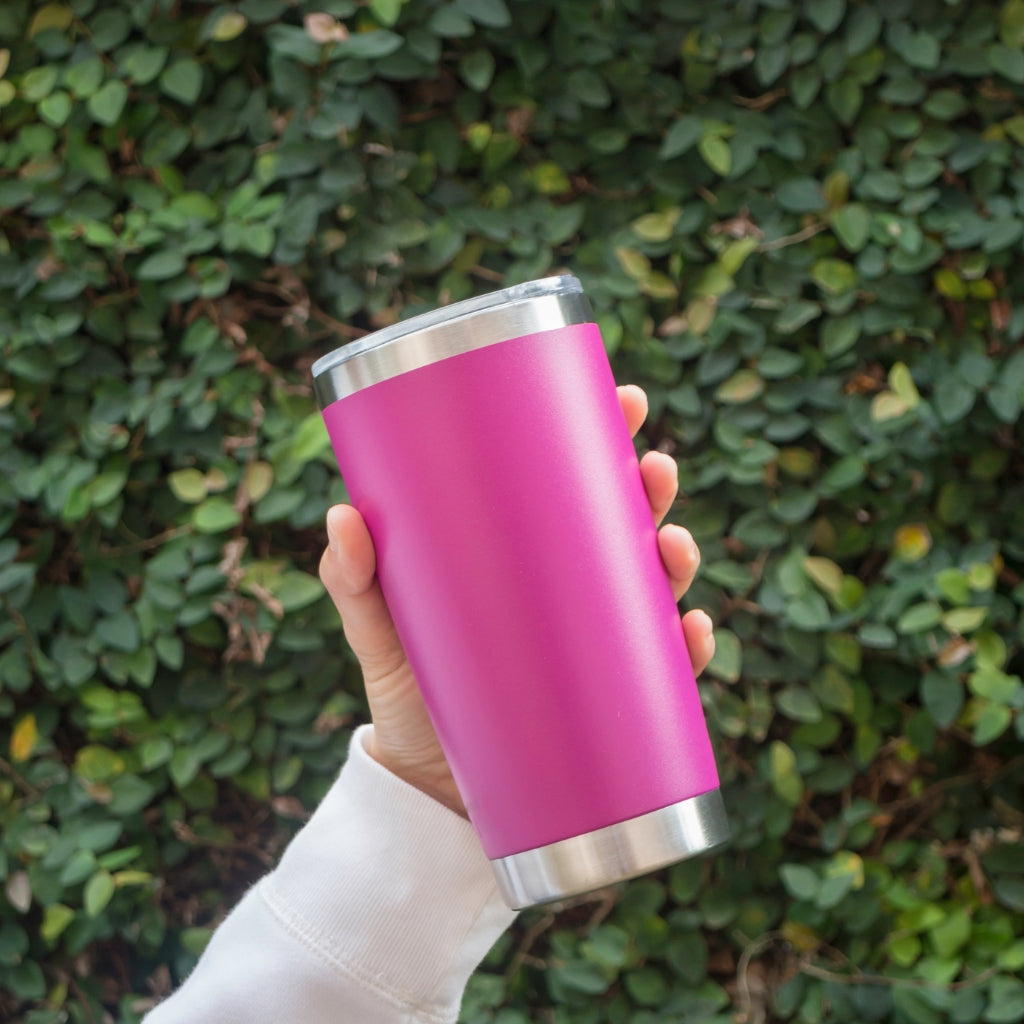
Stainless steel tea cups are durable but can sometimes transfer heat quickly, making them less ideal for sipping. There are concerns about potential leaching from scratched stainless steel, which could introduce iron and nickel into your tea.
Plastic
While plastic cups are an option, they are generally not recommended by tea connoisseurs. Some plastics are not chemically inert and may leach toxic elements when exposed to high heat.
In conclusion, your choice of teacup can significantly impact your tea-drinking experience. Consider the material and qualities of your teacup to ensure that it complements and enhances the flavors of your tea. Whether you prefer the classic charm of ceramic, the elegance of porcelain, or the transparency of glass, the right teacup can make your tea moments even more enjoyable. So, remember, it's not just the tea leaves that matter, the teacup you choose plays a crucial role in creating the perfect tea experience.
Get your number one chai tea in Australia - Monk's Chai, pick a perfect teacup and enjoy your best chai in town!
